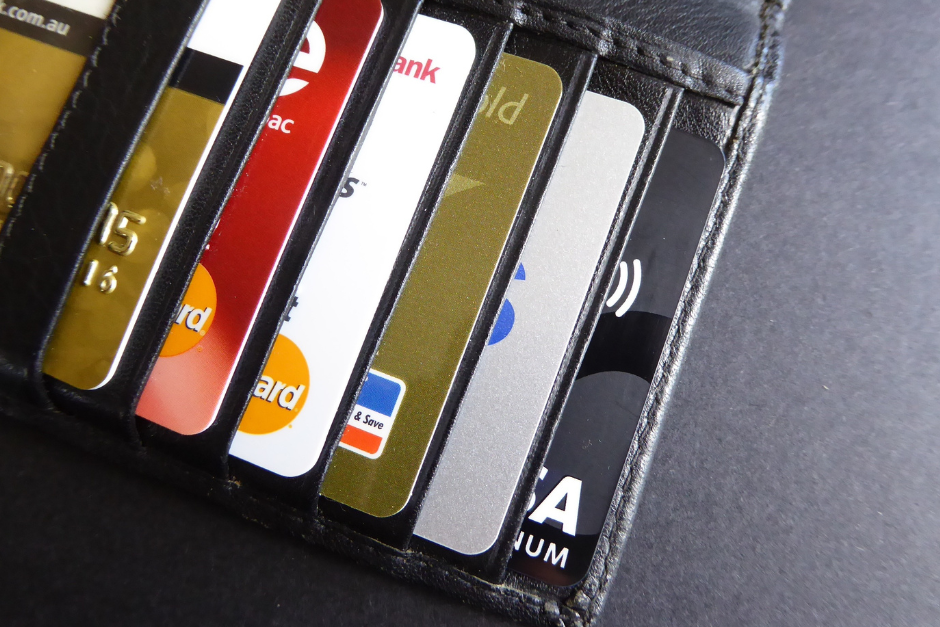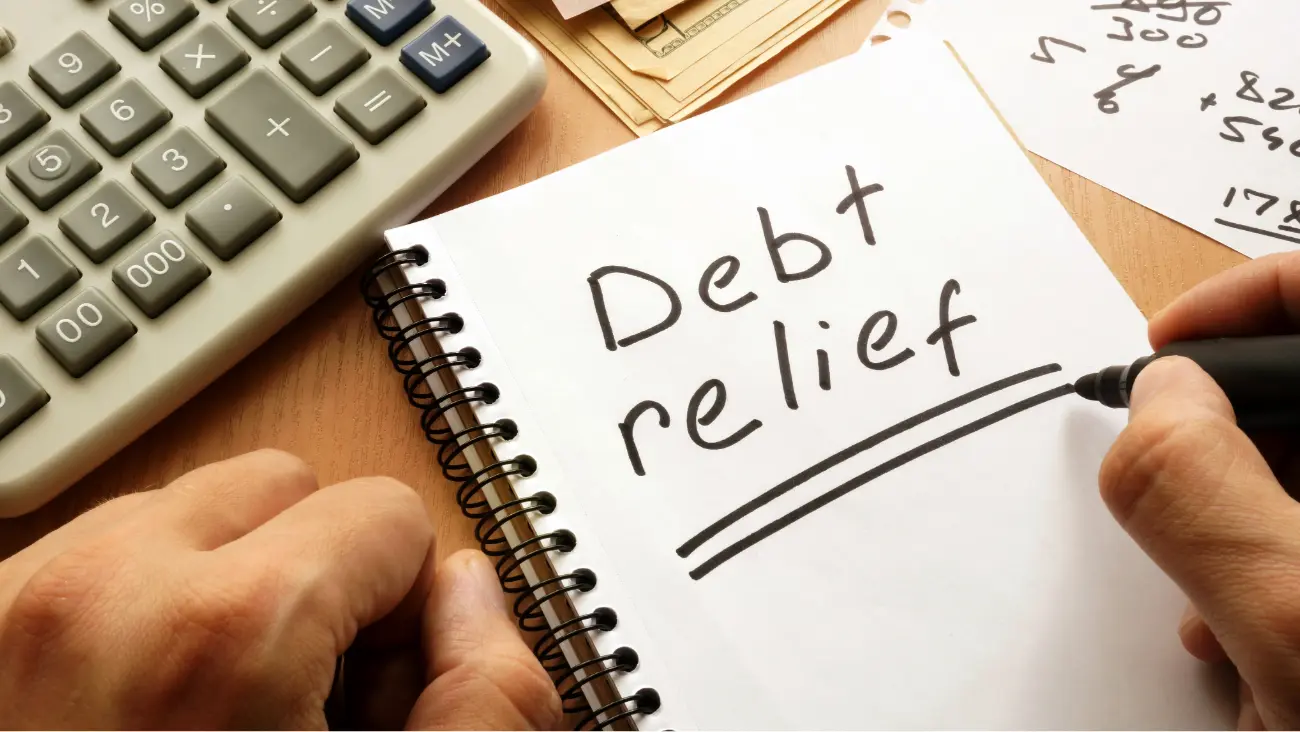
Finances are something that many people struggle with. Many report living paycheck to paycheck, often not considering savings and the future.
An article from Zippa reports that about 125 million Americans live this way, which makes up over half of the population. Most people who live paycheck to paycheck fall within the lower income groups.
Working on your financial wellness and breaking free from this lifestyle can be tricky when you have a limited income.
This post will discuss strategies to help you understand how you can achieve financial wellness.
What Is Financial Wellness?
We should first define the term “financial wellness” before we delve deeper into the strategies that you can use. Financial wellness generally refers to how “healthy” your finances are.
A good level means you have financial security, understand money management effectively, and have a savings plan. You will also generally have a good credit score and no outstanding debt that you struggle to pay.
Good financial wellness also refers to both long-term goals and short-term elements, as well as having the ability to buy something you need without having to spiral into stress due to your financial situation.
How To Achieve Financial Wellness?
To achieve financial wellness, you need to first understand your situation.
You have to know what your current financial health looks like before you can make any plans. Therefore, it’s a good idea to set up a spreadsheet with all your financial data, as this will give you a broader picture of where you are now.
List any assets you currently have in terms of funds. This could include saving accounts or investments. List down the income you earn. Next, make a list of all the expenses you have.
This includes credit card debt, personal loans, mortgage payments, monthly groceries, and other regular expenses. Also, consider both the long and short-term savings you have, and how you use them.
It is time to assess the data you have compiled to see what you need to do. You need to identify areas where you spend unnecessary money and consider what you currently struggle with financially.
Having an idea of the financial goals you wish to achieve. Then, as you compare your goals to the current situation, it should become clearer what you need to do to achieve them.
Pay your bills on time, save money, have a backup plan in motion, and reconsider your career if you feel underpaid - these can help you achieve greater financial freedom and wellness.
Why Is Financial Wellness Important?
CNBC reports that about 73% of people in the United States consider finances a significant cause of stress throughout their daily lives. This shows that a significant number of people experience financial stress.
Just because you don’t earn $100,000 a year does not mean you cannot achieve financial wellness. When you achieve financial wellness, it helps to provide a better balance between income and expenses and helps to offer relief from the stress you experience due to your finances.
Financial Wellness Tools
There are a few tools that you can use to help with your financial wellness journey. Start with a spreadsheet program, such as Google Sheets or Microsoft Excel.
These tools are great for setting up a budget, laying out your expenses, and compiling other data that you can use to assess your situation.
You can also use dedicated budgeting tools if you need help setting up a budget for yourself.
Apart from these tools, consider signing up for credit monitoring. Use a service, such as MyScoreIQ, that gives you easy access to your three-bureau credit scores and reports. This can help to ensure you see the progress that you are able to make.
If you note inaccuracies in your credit report, be sure to contact the three major credit bureaus to get it corrected.
Financial Awareness Day
Every year on the 14th of August, we celebrate financial awareness day, although many people do not know about it. It is important to consider financial awareness day and look at the details that are shared on the date.
This can help you find inspiration and even uncover useful tips to help you achieve financial wellness.
Conclusion on Financial Wellness
Financial wellness depends on consistent monitoring of your situation, debt, funds available, and credit report. Once you understand your situation, it is easier to create a plan to reach a better level of financial wellness.






